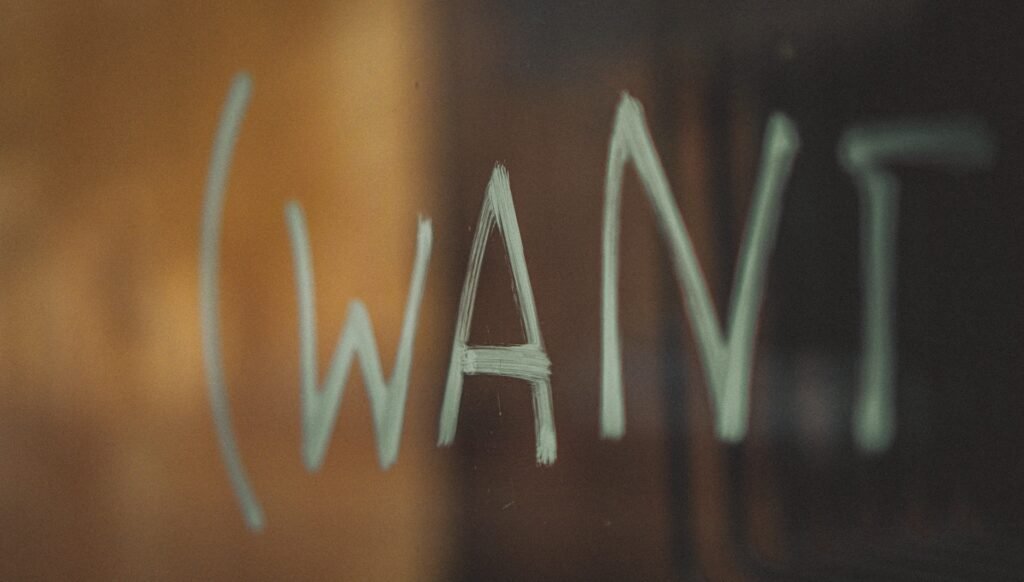
A distinction is frequently made between needs and wants. Our needs make up our survival kit while our wants are the desires we have for non-essentials such as cars, electronics, holidays and fashion clothing.
Most people strive for better conditions for themselves, their family, and sometimes also their community, their nation and the whole world.
Our wants are infinite. This is just as true for the relatively wealthy as it is for the poor. Needs are easier to define but vary according to a person’s age, physical environment, health and many other factors. And what is only wanted in a poor country may be seen as a need in a rich country.
In practice, it is impossible to draw the line at which absolute needs are met. Different measures have been produced at different times to define minimum levels of well-being below which people can be said to be living in poverty. Such measures produce an absolute standard which can be called the ‘poverty line’.
Another way of looking at poverty is to regard it in relative rather than absolute terms. A relative definition relates the living standards of the poor to the standards which dominate the society in which they live.
For example, the poor might be defined as those whose incomes fall below, say, half the average income.
Relative poverty is regarded to be a real problem in modern society in which people are all too aware of the lifestyle enjoyed by others and in which advertising puts on public display a range of commodities that it associates with ‘modern lifestyles’.
However, relative definitions of poverty are also riddled with problems. For example, to adopt a strictly relative definition of poverty is to imply that the poor in Bangladesh are no worse off than the poor in Britain which is clearly absurd.
Absolute poverty:
Poverty is defined by a particular measure e.g. the United Nations’ definition of the poverty line.
Relative poverty:
Poverty is measured by comparing the standards of living of the poor in society compared with the standards enjoyed by society in general. A poor person, therefore, becomes poor because others are richer.
